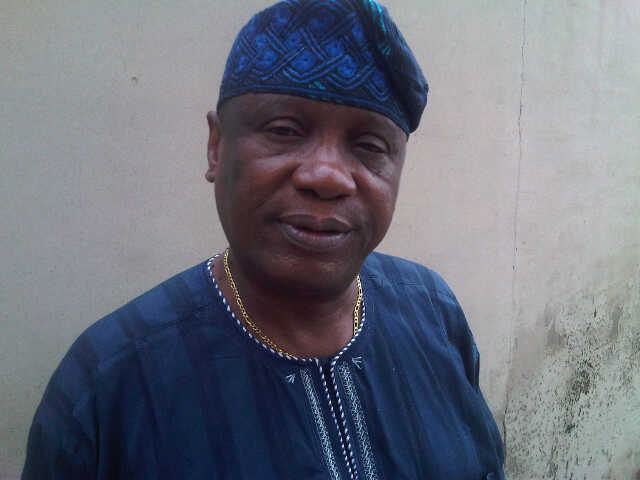Political Issues
Daura Could Be Yamoussoukro Or Gbadolite (3) -By Eric Teniola
The great calamity that has befallen most African leaders is that they are busy promoting their tribes instead of promoting unity within their countries. And that is why there is no development in African states. Instead of national leaders, all we have are sectional and tribal leaders who promote divisiveness. A leader’s behaviour either promotes unity or division.

From last week, continues the narrative of how nepotism has over the years been elevated to being the rule rather the exception by certain political leaders in many countries of the world, with specific reference to Iraq among others.
Iraq has a population of over 40 million people. The country also has over 150 tribes. Some of these tribes include Arabs, Kurds, Chaldeans, Assyrians, Turkmen, Shabakis, Yazidis, Armenians, Mandeans, Circassians and Kawliya. According to Wikipedia, the Al-Bu Nasir is one of a number of Arab tribes in Iraq. It is a Sunni Arab tribe comprising some 30,000 people who primarily inhabit the town of Tikrit and the surrounding area of northern central Iraq, as well as many other areas in south and center of Iraq.
Although not very numerous, the Al-Bu Nasir nonetheless obtained a reputation of being “a difficult lot of people, cunning and secretive, whose poverty drove most of them to pervert the Bedouins’ legendary qualities of being warlike and fearless. Like many Iraqi tribes, it follows the Hanafi fiqh and it traced its origins to the Arabian Peninsula and maintained cordial ties with other related clans and tribes.
The tribe rose to prominence in the 1960s, when one of its members, Ahmed Hassan al-Bakr, seized power in Iraq. Bakr’s successor, Saddam Hussein, was also a member of the Al-Bu Nasir and the tribe became a crucial element of his hold in power from 1979 to 2003. Saddam drew heavily on the tribe to fill the upper echelons of his government and in particular to manage his security apparatus, notably the Intelligence Service and the Special Republican Guard. Most of the key posts in the Iraqi government were held by members of the Beijat clan group and Majid extended family to which Saddam belonged; some elements of the regime’s security apparatus, such as Saddam’s bodyguards, were recruited exclusively from the al-Bu Nasir.
The relatively small size of the tribe was, however, an obstacle to Saddam’s ability to fully “tribalise” the institutions of the Iraqi government. He recruited tens of thousands of supporters, whom he placed in command positions in the Iraqi Army, from a number of other tribes allied to the al-Bu Nasir. The resulting network of tribal alliances, centred on the al-Bu Nasir and bound to them by payment and patronage, provided the backbone of Saddam’s regime.
Of all the accusations made against General Saddam Hussein none is greater than nepotism and tribalism. And it led to his downfall. When his trouble started his tribe Albu Nasri could not save him. When the Western world led by America waged a war on Iraq, Saddam Hussein was abandoned to his fate by other tribes because he excluded them from his government. He lost out. Iraq lost out too. After Saddam Hussein, Iraq lost its momentum in the Arab world. Leaders must know that nepotism and ethnicity are no longer fashionable in the modern world. It stalls growth. It is bad. Very bad.
One of the most important responsibilities of a leader is to promote unity. This does not mean that there is not disagreement or even periodic conflict on the team or within the organisation. To be a unifier, the leader brings people together around a vision, a mission, or a project. Team unity drives results. Babe Ruth said thus in his paper: “The way a team plays as a whole determines its success. You may have the greatest bunch of individual stars in the world, but if they don’t play together, the club won’t be worth a dime.”
The great calamity that has befallen most African leaders is that they are busy promoting their tribes instead of promoting unity within their countries. And that is why there is no development in African states. Instead of national leaders, all we have are sectional and tribal leaders who promote divisiveness. A leader’s behaviour either promotes unity or division.
Leaders who seek to divide, for whatever reason, may think they will succeed. After all, they are playing to their allies; but in reality, no one admires divisive behaviours and the leader will quickly lose much of their support.










